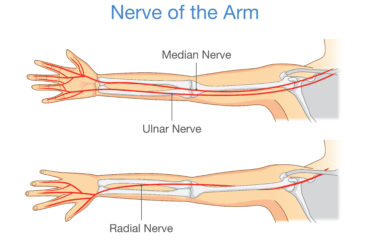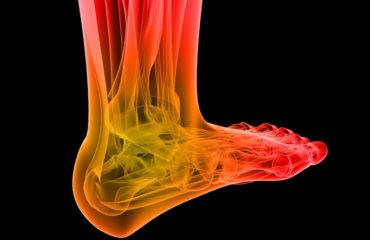Frozen shoulder – also known as adhesive capsulitis – is a common condition and self-resolving condition that can have a significant impact on your day to day life. It happens in somewhere between 2 and 5 percent of the population and it is most common in your forties and fifties. It is also significantly more common in women, although it can still occur in men. Most patients will notice pain and a limitation in movements of one shoulder (although rarely it can occur in both at the same time).
How do I know if I have frozen shoulder?
As with all medical conditions, you need to be diagnosed by a doctor. So if you suspect you might have frozen shoulder head down to your family practitioner or get in contact with a specialist shoulder physician. However, typically signs and symptoms of a frozen shoulder include:

- Most patients will start by noticing a global shoulder pain that is often worse at night. They may notice the shoulder is stiff in the morning. This can go on for months without resolution
- Then there will be severe stiffness and a loss of movement in the shoulder. Again this stage can last month.
- There is a final stage of recovery where over months the patient gets full range of movement back in the shoulder.
- Patients usually struggle to do simple tasks like brushing their hair or open a jar.
- When the doctor examines you, they will note which movements you are able to do. Typically patients have great difficulty placing their hand behind their back.
What treatments are available if I have frozen shoulder? When will I be back to normal?
As discussed previously, the time course of the disease is incredibly variable but it does often take many months up to 2 years to resolve on its own. However, there are a few treatments that can help reduce pain and improve movement. These include:
- Some doctors will offer you Acetaminophen or NSAIDs (non-steroidal anti-inflammatory drugs) to help reduce the pain. These can be particularly helpful if you are struggling to sleep because of the pain.
- Most doctors will send you to a physiotherapist who can show you exercises that can help your range of movement.
- Over the next few months, you may be offered steroid injections into the shoulder to reduce inflammation and hopefully help with both the pain and movement.
- In some patients whose symptoms are severe and not abating – surgical referral to a specialist shoulder surgeon may be advised. These top surgeons can perform minimally invasive procedures that can improve movement and help the healing process.
If you or somebody you know is suffering from what sounds like a frozen shoulder, make sure you get in contact with a specialist shoulder center to get the best quality care you can. These specialized centers can give you individualized treatment to get you back to normal as soon as possible.



